Related Research Articles

Josef Breuer was an Austrian physician who made discoveries in neurophysiology, and whose work during the 1880s with his patient Bertha Pappenheim, known as Anna O., developed the talking cure which was used as the basis of psychoanalysis as developed by his protégé Sigmund Freud.
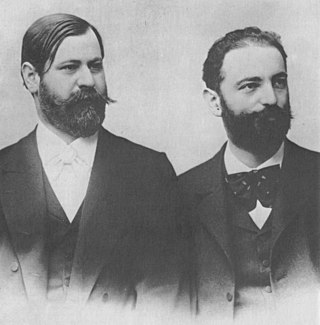
Wilhelm Fliess was a German otolaryngologist who practised in Berlin. He developed the pseudoscientific theory of human biorhythms and a possible nasogenital connection that have not been accepted by modern scientists. He is today best remembered for his close friendship and theoretical collaboration with Sigmund Freud, a controversial chapter in the history of psychoanalysis.

Mascha Kaléko was a German-language poet.
Peter Berglar was a German historian, professor of Modern and Contemporary History at the University of Cologne, and was known for his many publications. His biography of Thomas More is considered one of the best.
Gertrud Bäumer was a German politician who actively participated in the German civil rights feminist movement. She was also a writer, and contributed to Friedrich Naumann's paper Die Hilfe. From 1898, Bäumer lived and worked together with the German feminist and politician Helene Lange.

Karl Theodor Richard Lessing was a German Jewish philosopher.

Ludwig Binswanger was a Swiss psychiatrist and pioneer in the field of existential psychology. His parents were Robert Johann Binswanger (1850–1910) and Bertha Hasenclever (1847–1896). Robert's German-Jewish father Ludwig "Elieser" Binswanger (1820–1880) was founder, in 1857, of the Bellevue Sanatorium in Kreuzlingen. Robert's brother Otto Binswanger (1852–1929) was a professor of psychiatry at the University of Jena.
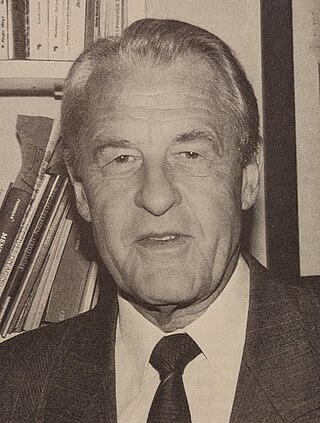
Rolf Rendtorff (1925–2014) was Professor of Old Testament at the University of Heidelberg from 1963 to 1990. He was one of the more significant German Old Testament scholars from the latter half of the twentieth-century and published extensively on various topics related to the Hebrew Bible. Rendtorff was especially notable for his contributions to the question of the origins of the Pentateuch, his adoption of a "canonical approach" to Old Testament theology, and his concerns over the relationship between Jews and Christians.

Max Halbe was a German dramatist and main exponent of Naturalism.

Gertrude Welcker was a German stage and silent film actress. She appeared in 64 films between 1917 and 1925.

René Schickele was a German-French writer, essayist and translator.
Hanna Johansen was a Swiss writer.
Karl Albert Scherner was a German philosopher and psychologist.
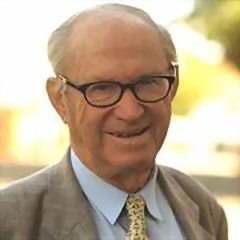
Sigmund Widmer was a Swiss historian, writer and LdU politician who served as mayor of the city of Zürich.
Gertrud Leutenegger is a German-speaking Swiss poet, novelist, playwright and theatre director.
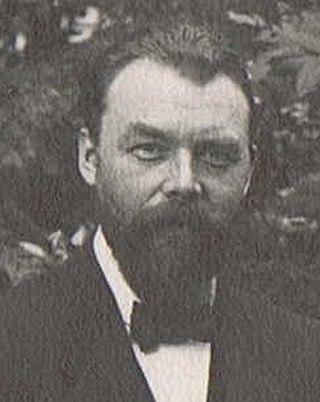
Adolf Keller was a Swiss Protestant theologian, professor and Secretary-General of the European Central Office for Ecclesiastical Aid.
Lydia Marinelli was an Austrian historian, editor, academic author and curator. She also displayed originality and flair as an exhibition organiser. Her speciality was the history of psychoanalysis. The most public aspect of her career involved her work as curator of the Sigmund Freud Museum in Vienna.
Sigrid Neef is a German musicologist and theatre scholar, focused on Russian and Soviet opera. She has been a dramaturge of the director Ruth Berghaus at the Deutsche Staatsoper Berlin for decades.
Theodor Walter Hirsbrunner was a Swiss musicologist and violinist.
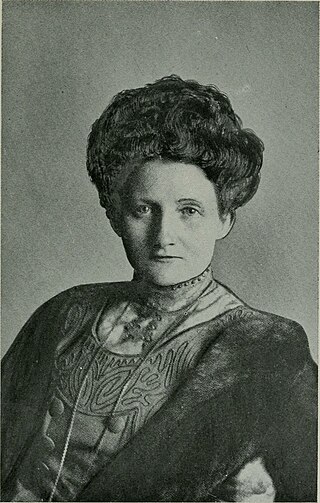
Lulu von Strauss und Torney (1873–1956) was a German poet and writer. Best remembered for her ballads, she also wrote historical fiction with rural settings in northwest Germany.